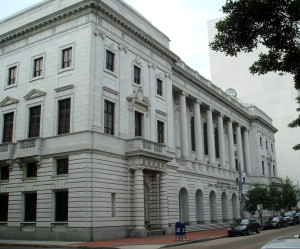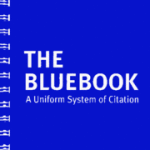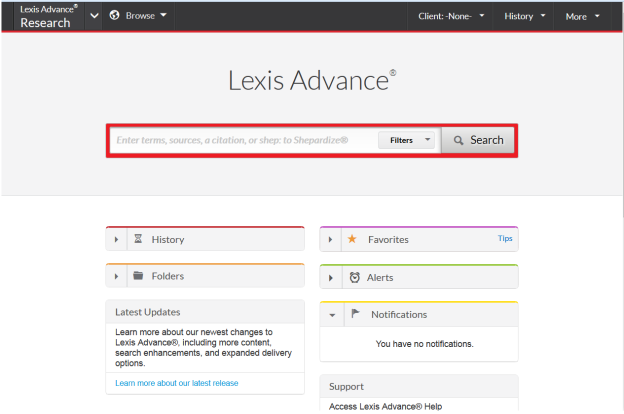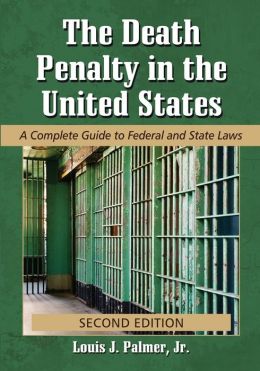 Yesterday, the United States Court of Appeals for the 5th Circuit, applying strict scrutiny, upheld the University of Texas at Austin’s admissions policies. The court held that “to deny UT Austin its limited use of race in its search for holistic diversity would hobble the richness of the educational experience in contradiction to the plain teachings of Bakke and Grutter.” Fisher v. Univ. of Tex. at Austin, No. 09-50822, slip op. at 40 (5th Cir. July 15, 2014). If you would like to explore the law surrounding affirmative action, the library owns many titles that discuss this issue. Some of the more recent titles are listed below.
Yesterday, the United States Court of Appeals for the 5th Circuit, applying strict scrutiny, upheld the University of Texas at Austin’s admissions policies. The court held that “to deny UT Austin its limited use of race in its search for holistic diversity would hobble the richness of the educational experience in contradiction to the plain teachings of Bakke and Grutter.” Fisher v. Univ. of Tex. at Austin, No. 09-50822, slip op. at 40 (5th Cir. July 15, 2014). If you would like to explore the law surrounding affirmative action, the library owns many titles that discuss this issue. Some of the more recent titles are listed below.
Randall Kennedy, For Discrimination: Race, Affirmative Action, and the Law (2013).
The chapters in this title include: affirmative action in the history of American race relations; the affirmative action policy debate: the key arguments pro and con; the color-blind challenge to affirmative action; the Supreme Court and affirmative action: the case of higher education; and reflections on the future of the affirmative action controversy.
Jody Feder, Cong. Research Serv., R43205, Banning the Use of Racial Preferences in Higher Education: A Legal Analysis of Schuette v. Coalition to Defend Affirmative Action (2013).
This report reviews the case of Schuette v. Coalition to Defend Affirmative Action, which the Supreme Court will review the upcoming term. Unlike earlier rulings in which the Court considered whether it is constitutional for a state to use racial preferences in higher education, the new case raises the question of whether it is constitutional for a state to ban such preferences in higher education.
Jennifer Pierce, Racing for Innocence: Whiteness, Gender, and the Backlash against Affirmative Action (2012).
The chapters in this title include: innocence and injury: the politics of cultural memory in print news media; filming racial progress: the transformation of white male innocence; racing for innocence: stories of disavowal and exclusion; stand by your man: women lawyers and affirmative actions; small talk: a short story; and commentary: ambivalent racism.
David Hamilton Golland, Constructing Affirmative Action: the Struggle for Equal Employment Opportunity (2011).
The author examines federal efforts to diversify the construction trades from the 1950s-1970s, offering insights into the origins of affirmative action related policy. This work analyses how community activism pushed the federal government to address issues of racial exclusion and marginalization in the construction industry in key American cities.

 This week Prof. Fajans and Librarian Kathy Darvil held their semi-annual workshop on how to research and write a seminar paper. Topics discussed include sources for selecting your topic, sources for researching your topic, and how to effectively organize and write your paper. If you were unable to attend the workshop, you can access an
This week Prof. Fajans and Librarian Kathy Darvil held their semi-annual workshop on how to research and write a seminar paper. Topics discussed include sources for selecting your topic, sources for researching your topic, and how to effectively organize and write your paper. If you were unable to attend the workshop, you can access an 





 After the recent July 16, 2014
After the recent July 16, 2014 